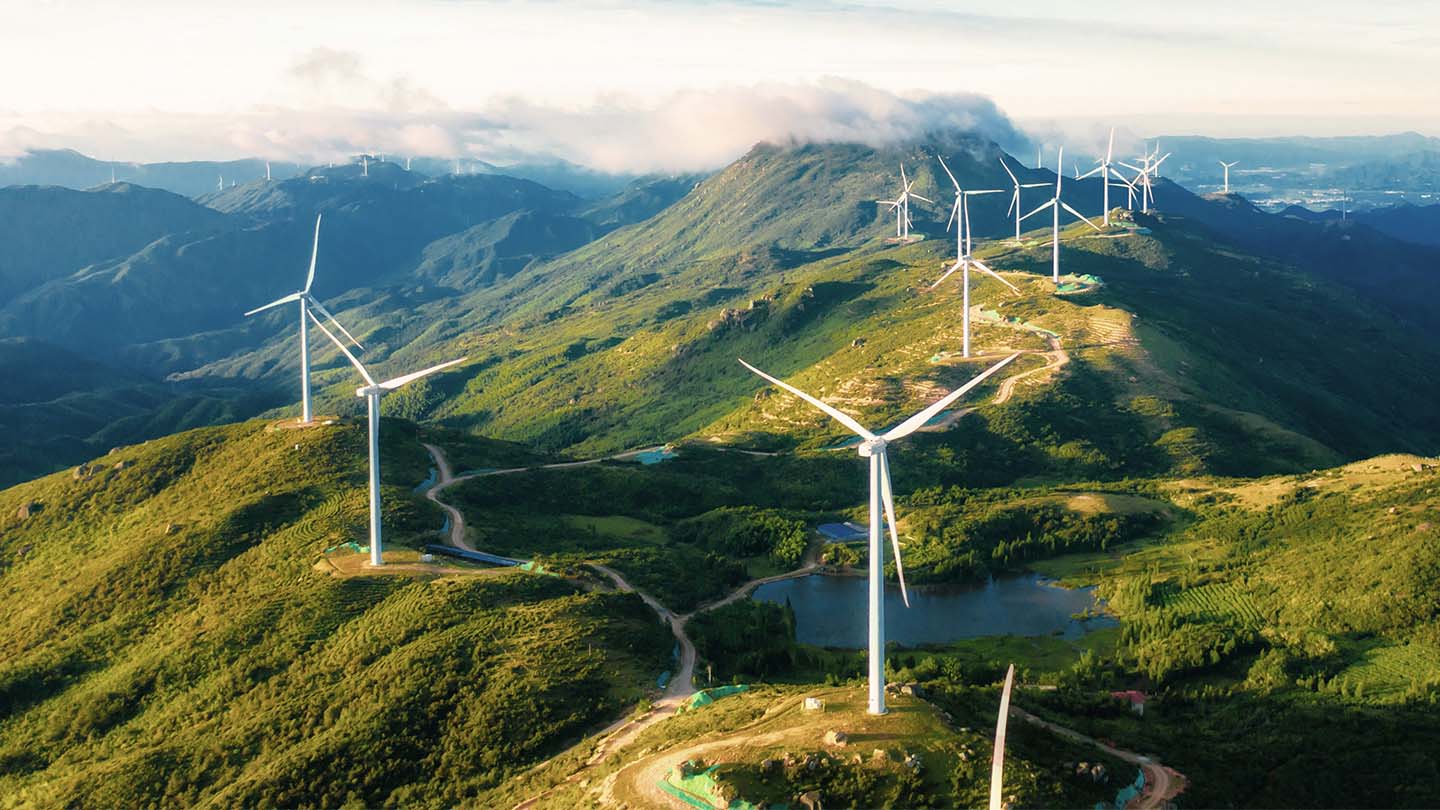
Renewable Energy Innovations
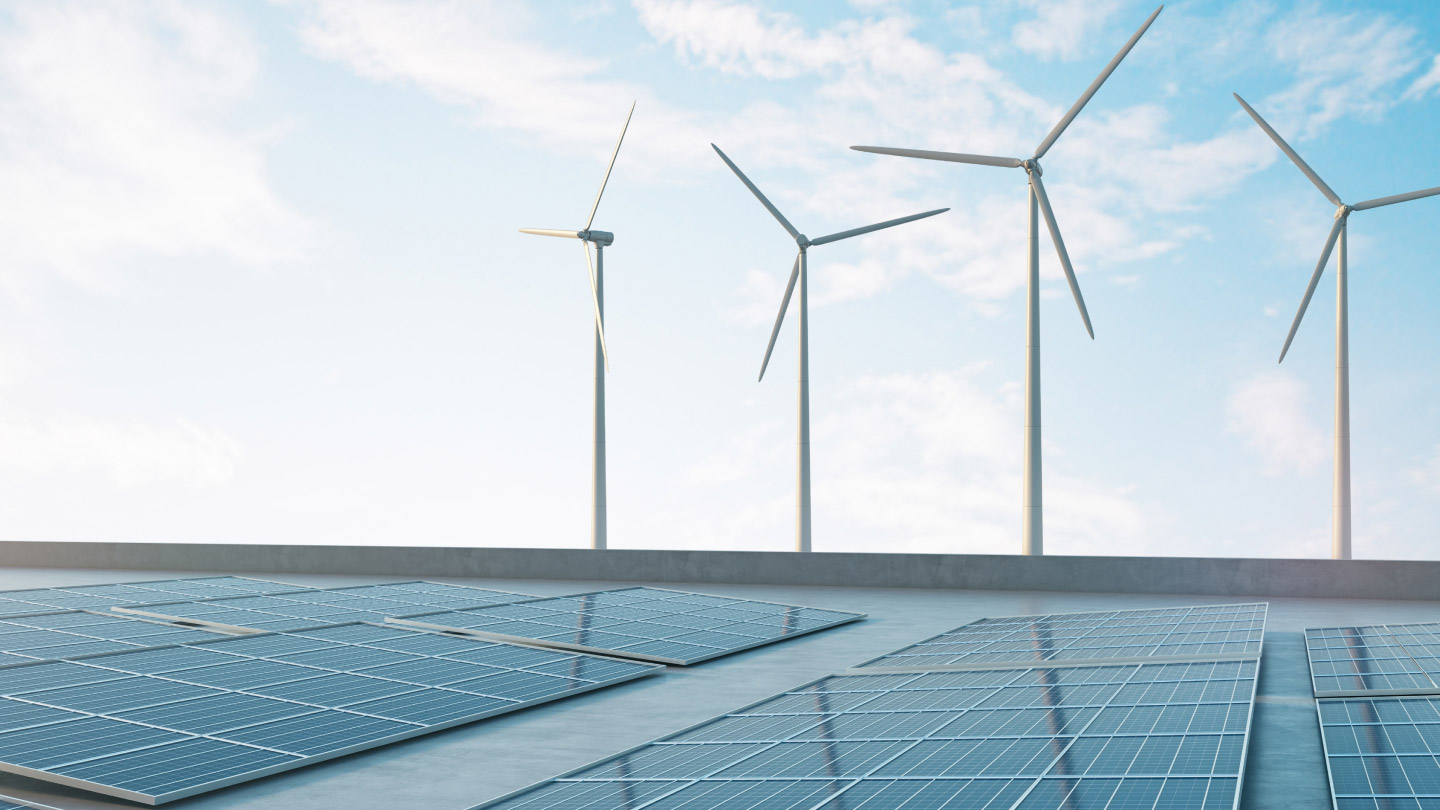
Renewable energy remains a pivotal focus in sustainable technology. Advancements in solar and wind technologies, coupled with better energy storage solutions, are making it easier to integrate clean energy into mainstream power grids. These grids are becoming smarter through artificial intelligence algorithms, optimizing energy distribution and reducing wastage[10]. Battery technologies such as solid-state batteries and advanced flow batteries are significantly enhancing storage capacity and efficiency, which supports the use of electric vehicles with longer ranges and faster charging[10].
AI and Automation

Artificial intelligence (AI) continues to play a substantial role in enhancing sustainability. AI is being leveraged to create more efficient and environmentally friendly supply chains. By planning optimal delivery routes, predicting product demand, and improving warehouse management, AI contributes to reduced fuel consumption and decreased emissions[2]. In manufacturing, AI systems aid in anomaly detection and prevention, reducing waste and downtime[1]. Automation, particularly in the form of hyperautomation, is also advancing, offering greater efficiencies in power consumption and waste reduction[1]. Smart grids and automated systems in buildings further optimize energy usage and enhance user comfort[6].
Green Computing and Circular Economy

Green computing, which emphasizes the eco-friendly use of computing resources, is gaining traction. Energy-efficient hardware, sustainable data center designs, and optimized software are central to this approach. Major cloud providers like Google Cloud, Microsoft Azure, and AWS are leading the way by committing to renewable energy and enhancing data center efficiency[2]. The concept of a circular economy is also increasingly being adopted, focusing on reducing waste, extending product life cycles, and promoting recycling. Modular and repairable devices, as well as leasing hardware, are becoming more common, contributing to sustainable consumption patterns[2][7].
Sustainable Transportation
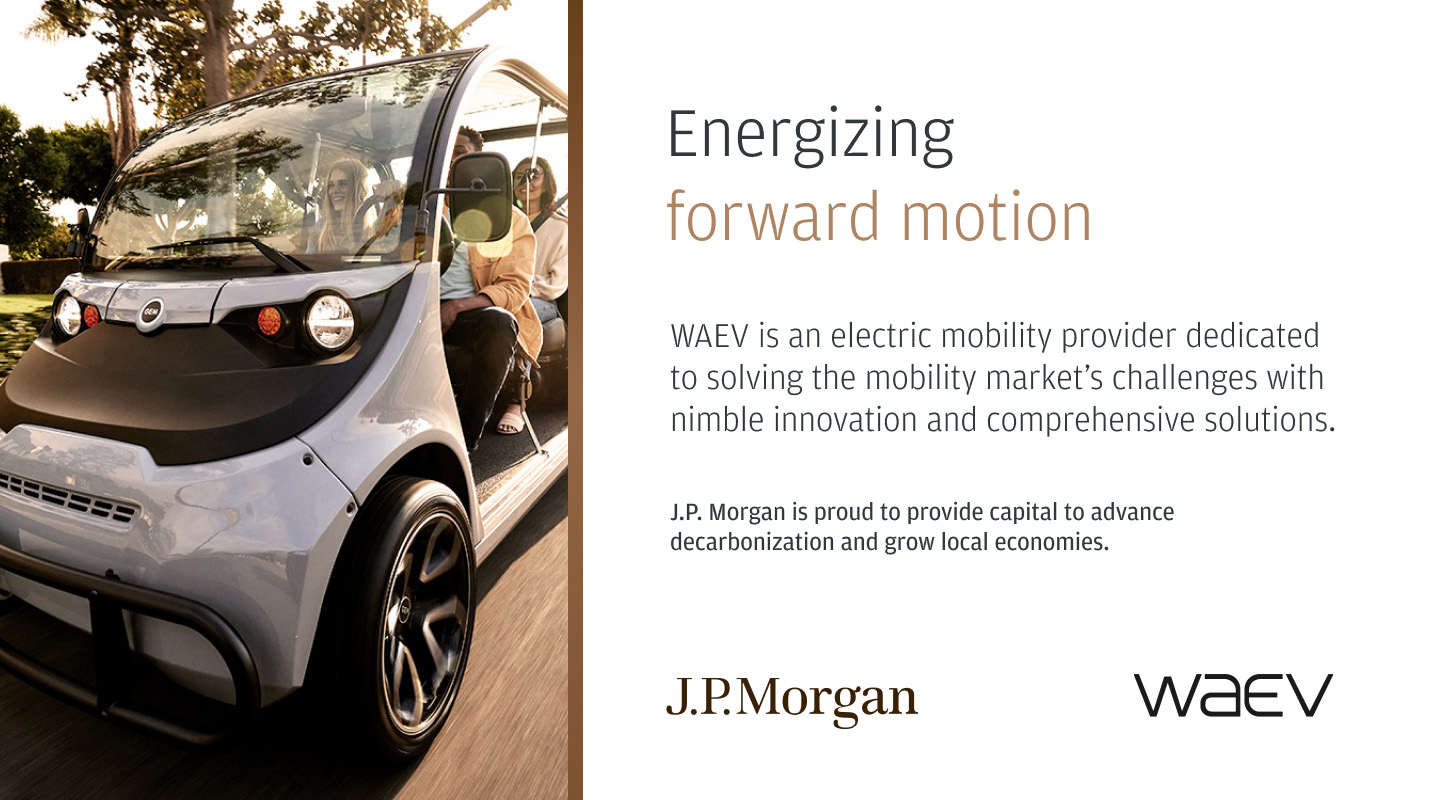
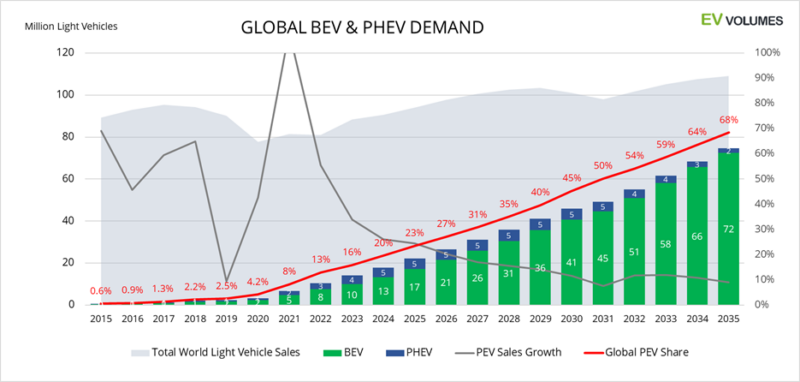
The transportation sector is witnessing significant shifts towards sustainability. Electric vehicles (EVs) are becoming more affordable and widespread, reducing greenhouse gas emissions and fossil fuel dependence. Innovations like hydrogen fuel cells and autonomous vehicles further enhance sustainable transportation. Autonomous vehicles have the potential to optimize traffic flow, reduce accidents, and minimize fuel consumption[9][10]. Flexible batteries are also emerging as key innovations, providing adaptable energy storage solutions for various applications[6][10].
Smart Cities and Urban Development

Smart city innovations are crucial for improving resource efficiency, reducing waste, and enhancing the quality of life for urban residents. Intelligent waste management systems, optimized public transportation networks, and eco-friendly urban infrastructure are some of the innovations driving this transformation. By utilizing IoT devices and data analytics, smart cities can monitor and manage various aspects of city life, from traffic and energy consumption to air quality[9]. Additionally, climate-resilient infrastructure is being developed to withstand extreme weather conditions, further contributing to urban sustainability[10].
Circular Economy and Recycling
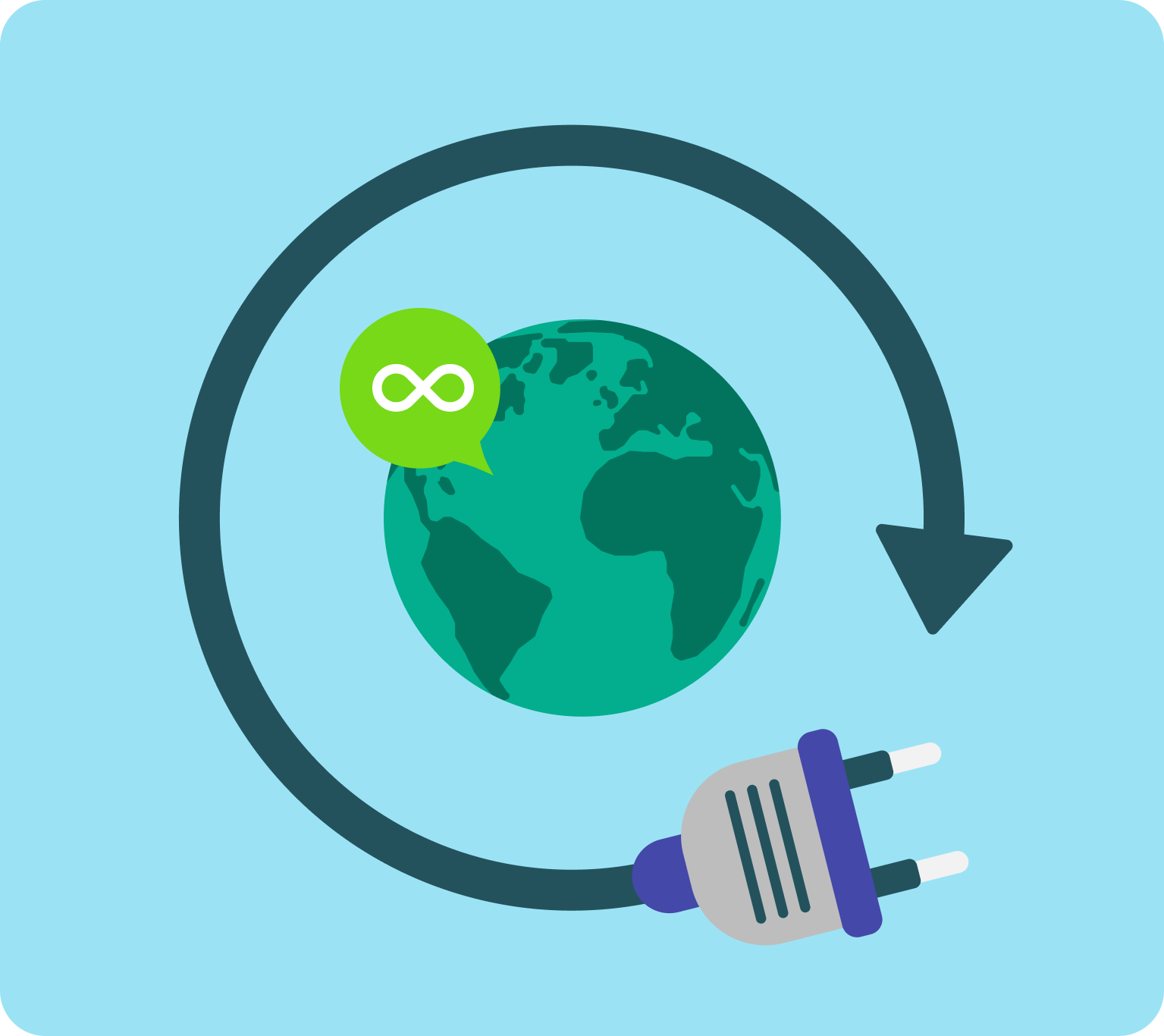
The transition to a circular economy is emphasized by the development of sustainable materials and recycling processes. Innovations in plastics recycling are transforming waste into valuable resources, while biodegradable plastics are becoming more prevalent. Upcycling—transforming waste materials into new, high-value items—is also contributing to resource sustainability. The manufacturing sector is adopting these principles to minimize waste and promote eco-friendly practices[9][7].
Carbon Capture and Climate Resilience
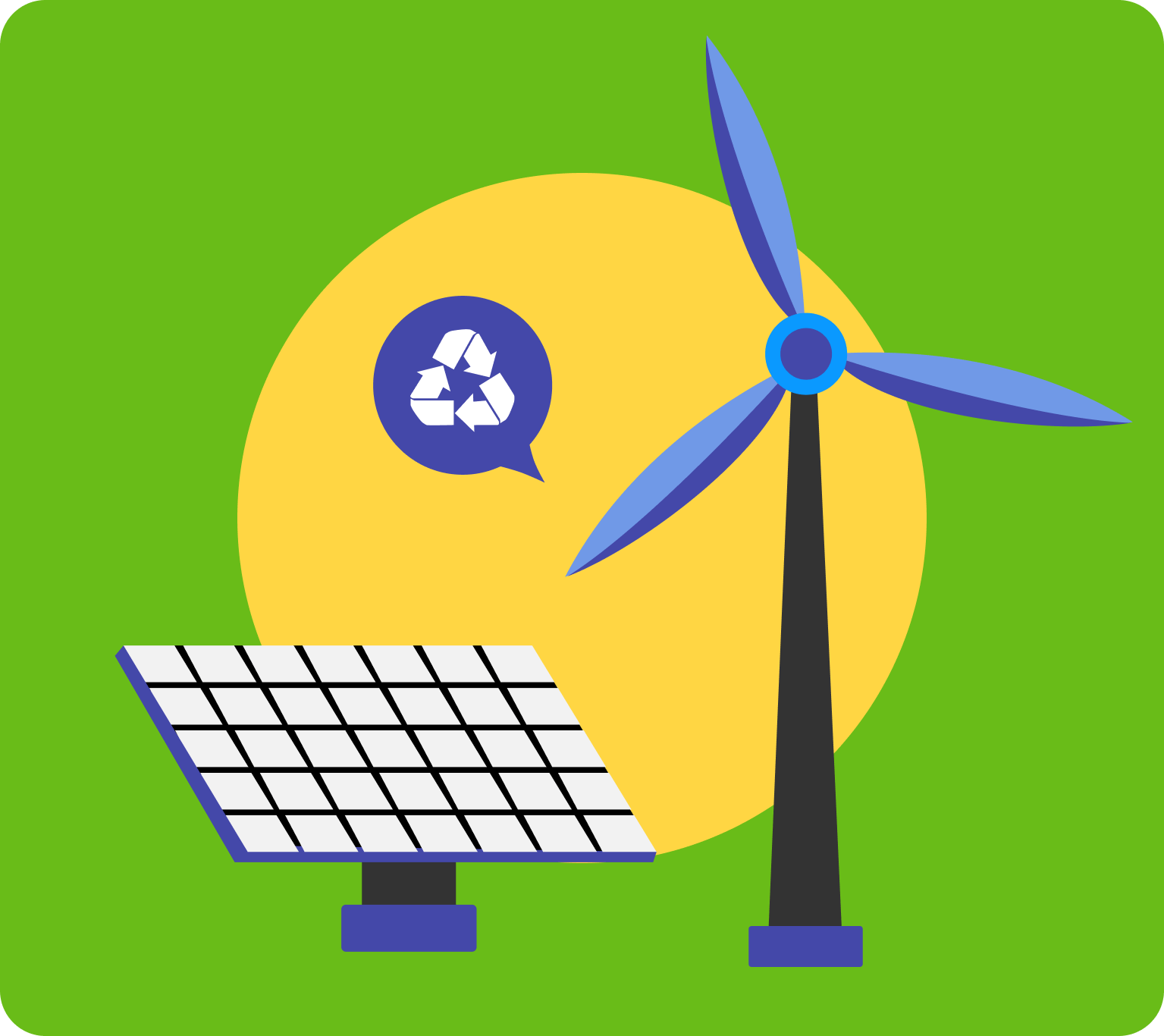
Carbon capture technologies are gaining momentum in efforts to combat climate change. Efficient and scalable carbon capture solutions, such as direct air capture systems, are being deployed to extract carbon dioxide directly from the atmosphere. These captured emissions can be stored underground or repurposed for industrial applications[10]. With the increasing frequency of climate-related events, the focus on building climate-resilient infrastructure is also growing. Advancements in materials science and engineering are facilitating the development of infrastructure that can withstand extreme weather conditions[10].
Policy and Regulation

Regulatory frameworks and policies play a significant role in promoting sustainable technology. Incentives such as tax credits for clean energy adoption and emissions reduction targets are crucial for shaping the direction of sustainable technology. International agreements like the Paris Agreement provide a global framework for addressing climate change and promoting sustainable practices. Additionally, new reporting laws, such as the EU Corporate Sustainability Reporting Directive, are pressuring companies to measure and increase their sustainability efforts, ensuring greater transparency and accountability[8][7].
Technological Advancements in Agriculture
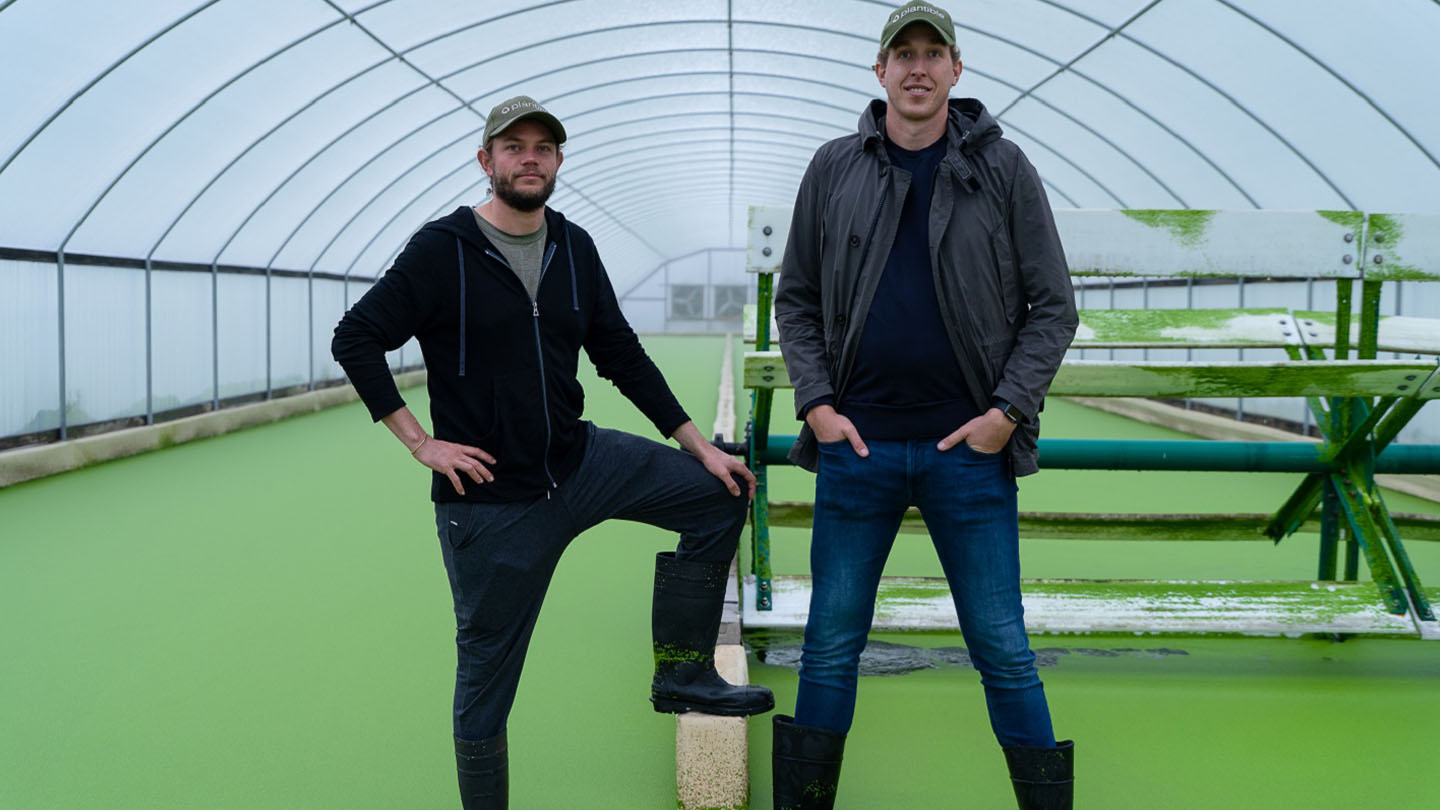
Sustainable technology is revolutionizing agriculture through innovations such as precision agriculture, vertical farming, and aquaponics. These methods optimize resource utilization, reduce waste, and promote environmentally friendly farming practices. AI and big data analytics help farmers make data-driven decisions, increasing crop yields and minimizing environmental impact. Plant-based proteins and cellular agriculture are also offering sustainable alternatives to traditional livestock farming, significantly reducing the carbon footprint associated with food production[9][10].
Biodiversity and Environmental Monitoring
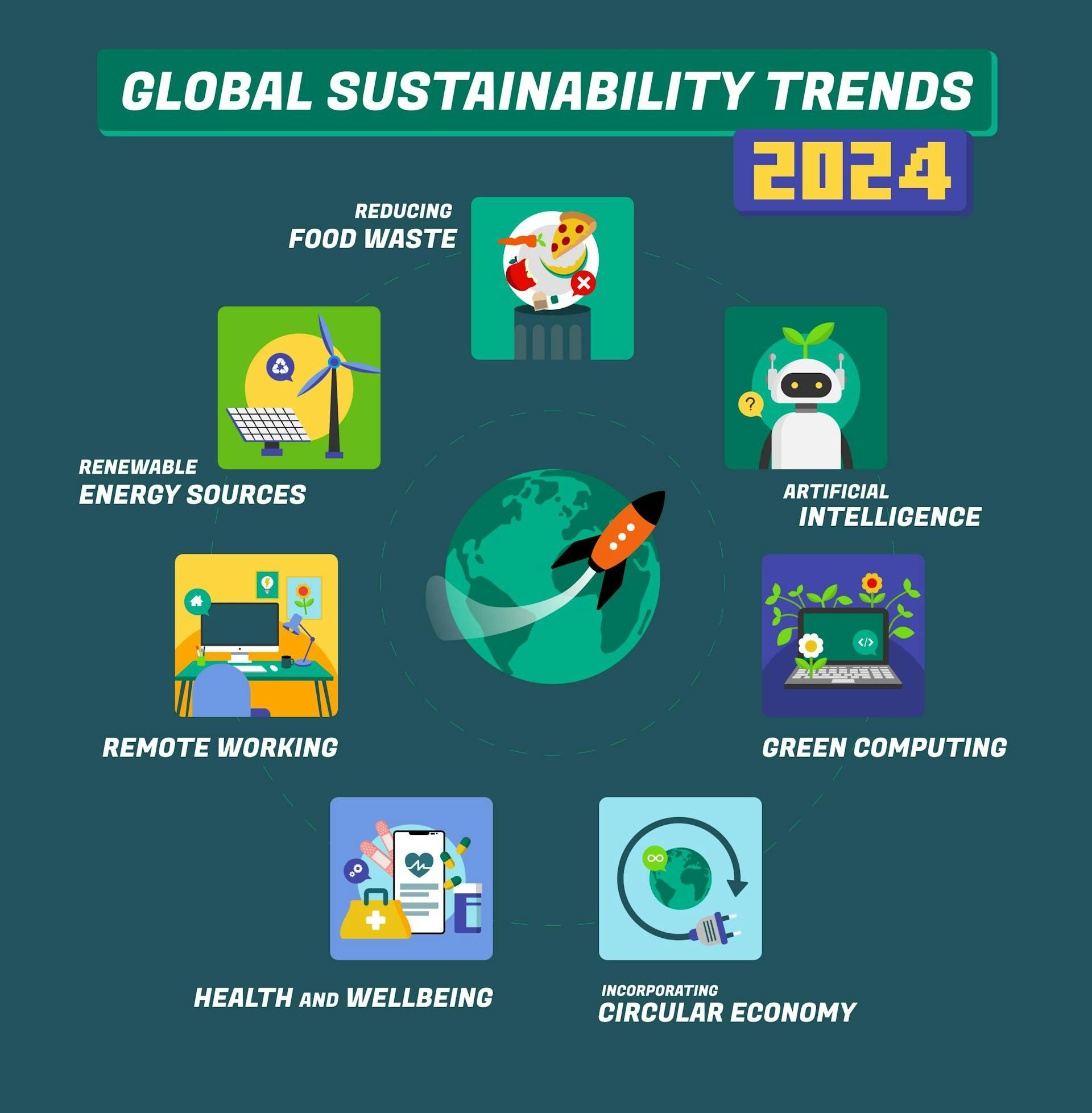
Sustainable technology is pivotal for environmental monitoring and conservation efforts. IoT devices and sensors are deployed in natural habitats to collect data on ecosystems and wildlife. This data helps scientists and conservationists make informed decisions to protect endangered species and their environments. Technologies such as remote sensors, satellite technology, and drones are being used to monitor deforestation and illegal logging in real-time, aiding in the fight against environmental degradation[9].
Health and Climate Change

The economic and financial costs of adverse health impacts from climate change are attracting greater attention. Climate change exacerbates risks related to infectious diseases, water and food quality, and the direct health impacts of extreme weather events. Efforts to build climate-resilient health systems and enhance research are underway to address these challenges[7].
Conclusion

The key developments in sustainable technology for 2024 highlight a comprehensive effort to address environmental challenges through innovation. From renewable energy advancements and AI-driven efficiencies to the adoption of a circular economy and the development of climate-resilient infrastructure, these trends reflect a collective commitment to a more sustainable and resilient future.
Get more accurate answers with Super Pandi, upload files, personalized discovery feed, save searches and contribute to the PandiPedia.
Let's look at alternatives:
- Modify the query.
- Start a new thread.
- Remove sources (if manually added).